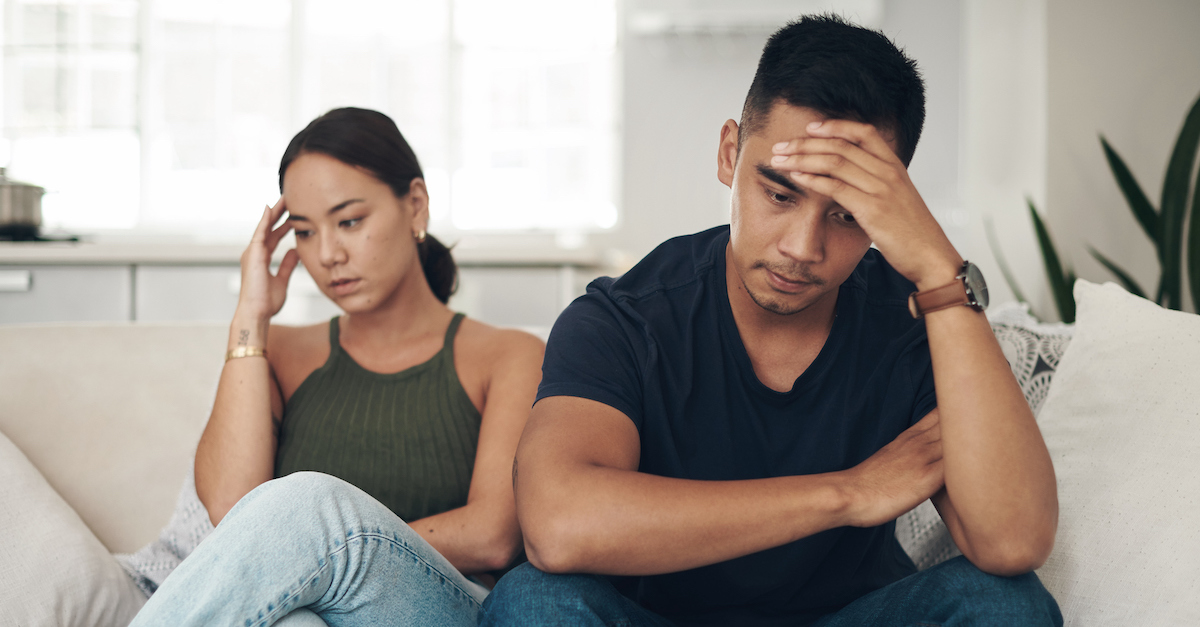Elections have been shown to be a tumultuous time, particularly as of late, stirring up intense emotions. As a therapist, I can attest to this personally, with the last cycle in particular triggering a surge in my private practice. People came with looking for help managing election stress and worry. There is no denying that the current climate and barrage of news, social media and other sources, are stirring up fear and concern for the impact of whatever the outcome is.
A recent national survey by AMFM, a residential mental health treatment center, analyzed the anxiety levels of 2,000 Americans across the country. It found that 30% reported increased anxiety related to the election. Navigating misinformation (58%) and the prevalence of “doom-and-gloom” messaging (56%) were the top contributors. Other concerns:
- Fifty-five percent of respondents expressed concern about the election aftermath.
- Forty-two percent worried that their preferred candidate might not win.
- The volume of election coverage was overwhelming for 39% of respondents, increasing stress levels.
Clearly there is significant social and political polarization at play, creating a sense of threat. Information overload with a strong negativity bias and new A.I. technology raising questions about the legitimacy of the content being circulated requires people to understand and have some level of self-awareness. The angst of all of this is creating a particularly unique tension.
Overarching psychological issues at play are uncertainty and lack of control. Elections inherently involve questions about the future, which can trigger anxiety, particularly for those who feel a strong sense of threat to their values or way of life.
Election anxiety, like any type of anxiety, can show itself in many ways. Some have clearly defined behavioral manifestations they can tie to anxiety. Others may feel the impact but have not made the connection that the challenges they are having are related to their thoughts and feelings about the election. And some are not experiencing anxiety at all.
Here are some indicators of election anxiety.
- Your emotions are heightened, such as fear, worry, anger, sadness or helplessness.
- You are having difficulty sleeping, there are changes in your appetite, muscle tension, headaches, stomachaches or other physical symptoms.
- You are having difficulty concentrating and racing thoughts.
- You are more irritable and have less patience.
- You have been withdrawing socially.
- You are abusing substances.
Despite the fact that a sense of a lack of control is one of the central concerns, there are some things you can do to regain a sense of security around what you DO have control over. No matter what is going on OUTSIDE OF YOU, there are tools you can add to your toolbox now to increase your inner calm and what is taking place INSIDE OF YOU.
How to Manage Election Anxiety
- Limit media consumption: Set boundaries on your news and social media intake. Choose reliable sources and avoid excessive exposure to negative or inflammatory content.
- Practice mindfulness: Learn mindfulness techniques like meditation or deep breathing to ground yourself in the present moment and reduce thought spinning.
- Focus on what you can control: While you can’t control the election outcome, you can control your actions. Focus on self-care, engage in activities you enjoy, and take action by voting for your preferred candidate.
- Connect with your values: Reflect on your core values and how you can actively engage with them during and after the election. This can provide a sense of purpose and agency.
- Seek social support: Connect with family and friends who share your values or engage in supportive communities. Sharing your feelings and concerns can alleviate anxiety and foster a sense of belonging.
- Engage in constructive action: Channel your anxiety into positive action. Volunteer for a cause or donate to a campaign.
- Seek professional help if needed: If anxiety becomes overwhelming, don’t hesitate to seek professional support from a therapist. They can provide additional coping strategies as well as be a sounding board if you feel you are over-relying on your support networks.
“Staying grounded in the here and now can help you not become overwhelmed with emotions,” such as the frustration, anger, worry and fear that can come with thinking about the election.” – Dr. Emanuwl Maidenberg, PhD, UCLA
Be diligent and protective over your mental health during this time. Do your best to navigate the political landscape with as much resilience as possible. The emotional impact of the election this year may reverberate for some time. Take care of yourself within that to be the best you can be for yourself and those who need you.
—
Lisa Brookes Kift, MFT offers online therapy in California. If you’re looking for a therapist outside of this state, see the Psychology Today Therapist Directory.
Looking for quick feedback, support and an action plan? Lisa also offers Emotional Health Consultations through her on-platform chat service here on LoveAndLifeToolbox.com to anyone. Psychoeducational only.
—
Follow LoveAndLifeToolbox on Instagram
Follow LoveAndLifeToolbox on Facebook
Follow LoveAndLifeToolbox on X




